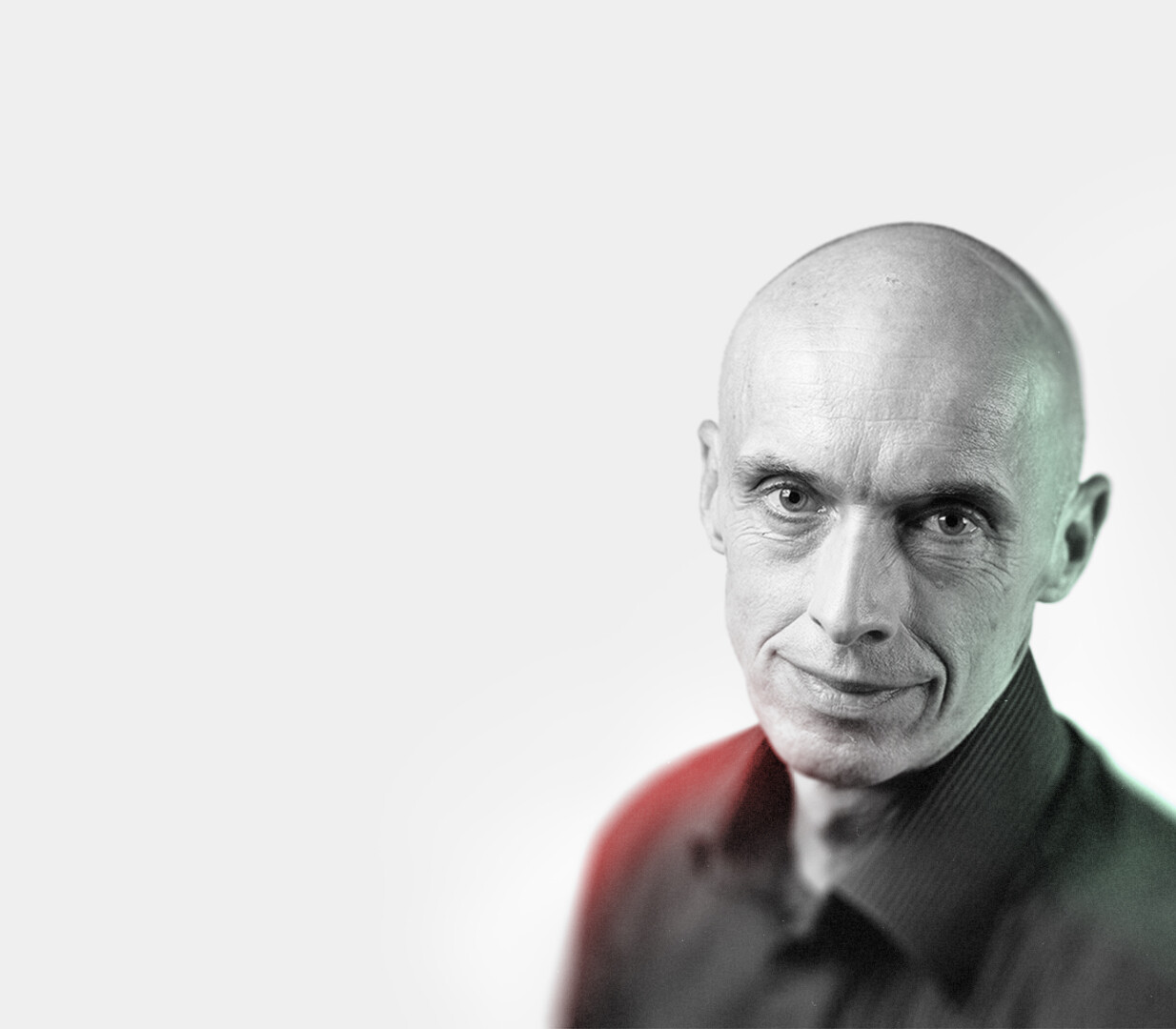

Coaching Zuerich
for leaders, individuals and teams
Life is all about missed opportunities and opportunities seized.

Coaching
Coaching offers you professional support to successfully master professional challenges and personal issues. Together we clarify your situation, set clear goals, pool resources, develop solutions and review progress.

Seminars
Get impulses: You gain knowledge, get input from experts, you hone your skills.
Train: You practise assessing situations correctly. You try out new tools, experiment in role plays, work on practical cases or your own topics. Learning together: You share experiences with other participants, receive important feedback and cultivate contacts.

Publications
Understanding and Solving Resistance
Recognise sensitivities (ERF), serve underlying needs appropriately to promote readiness for change...

About me
«My vision is a working world where people grow through their tasks, achieve amazing things and work together constructively. Making a meaningful difference as a coach and having fun doing it... this idea drives me»
— Joachim Hoffmann

Client feedback
Individual coaching client
«I’ve worked with Joachim for years, and he’s a trusted partner with a great mix of emotional intelligence and practical advice. He’s helped me improve professionally and personally, including strengthening my leadership and saving my marriage. His psychology and business background make his advice reliable, and he brings humor and engaging stories to every conversation. A great guide for improving your life!»
Individual coaching client
«Coach Joachim worked with me every three weeks for six months. For my new leadership role, he provided organizational techniques and mindsets that I still use and share with others. These have made my work more effective and enjoyable. I always felt his suggestions were backed by experience and were practical. Joachim is an open listener who addresses every issue or concern.»
Individual coaching client
«As the CEO of a small business, I was carrying a heavy, consequential decision. I found hoffmanncoaching.ch while searching for coaching in Zurich. The coach suggested two sessions for my issue. The first session exceeded my expectations. We quickly built rapport, and my situation became clearer, helping me see the direction I needed to take. I left the session feeling relieved and organized. In the following days, my decision solidified, and I realized I no longer needed the second session.»
Team coaching participant
«It's hard to see the bigger picture when you're inside it. Our team struggled with this, but by clarifying perspectives and gaining distance, we now see the whole picture more clearly. Our development involved discussions, disagreements, agreements, and successes. Sometimes subtle suggestions worked, other times confrontations were needed. Joachim’s guidance was invaluable - precise with the issues and considerate of the individuals involved.»
Seminar participant
«The learning material was presented in a fun and engaging way, making it easy to remember. The energizing exercises felt dynamic and fresh, not scripted. Despite the playful approach, topics were handled with the necessary expertise and seriousness. Joachim guided the discussion while addressing participants' questions, creating a relaxed yet structured atmosphere. I really enjoyed the seminar and have gained significant benefits at work.»
Seminar participant
«We practiced negotiations in such a practical way that my expectations were far exceeded. Joachim quickly identified our challenges and addressed them by providing valuable learning and experience opportunities. Over the course of the two seminar days, I saw impressive progress in all of us. I can’t wait to apply what I’ve learned.»

FAQ
Esotericism... one quickly thinks of dubious things: crystal balls, purple headscarves, books with sunflowers on them, scented lamps, and so on. Coaching has nothing to do with that. It is about the concrete, the tangible, the changeable.
Esotericism actually means, from the root of the word, looking inwards - one should look inwards instead of blaming external circumstances or others. This is of course a powerful attitude that connects not only spiritual people but also entrepreneurs, active people - and they can benefit a lot from coaching.
(No, they go elsewhere.) Seriously - the answer is «no». Firstly, coaching is not a substitute for psychotherapy. Secondly, who is normal and who is not in which a situation is not clear-cut.
Anyone can use a coach from an employee to a CEO. Coaching is about skills and behaviour modification in professional roles. In the U.S. it has been common for years to have a coach and Switzerland has become very open.
The only requirement is a desire for change. You want to solve a problem or achieve a goal. Examples:
- You want to change something, perhaps you recognise the first starting points, but you do not yet see clearly where the journey should go.
- You know what you have to do, but you don't find the time to act or you don't succeed in focusing your energies on your goals.
- You want to be able to react confidently in demanding social situations such as conversations, criticism, motivating, convincing, asserting, negotiating, conflicts or the like.
- You want to coach your employees so that they take on more responsibility and become more independent.
- You have experiences at work that you want to clarify with a professional partner in order to learn from them.
- You need support in an important decision-making situation.
- You are striving for a better balance between work and private life.
There are coaches in Zurich who charge Fr. 160 per 60 minutes. There is no upper limit. You can find out my rates on request..
Choosing a good coach is very important. Good means «good from your point of view». Therefore, check out several coaches. Ask about their training. There is no such thing as "the" qualification as a coach. It is therefore advisable to ask for two qualifications: coaching and psychology - note: until recently, everyone was allowed to call themselves a «psychologist», even autodidacts. Make sure your coach has a Master's degree in psychology. Ask the coach about his methods and what he understands by coaching. Don't be blinded by a coach's years of experience - he/she may rarely coach and be out of practice. Meet him/her for an initial interview and find out if you have a «connection» with him/her. You should turn away from coaches who talk a lot and listen poorly. Give your veto to those who want to impose their schemes and programmes on you in a know-it-all way. Do not stay longer than one session with those who say almost nothing (make sure you get enough and honest feedback and inspiring questions).
| Coaching | Seminar | |
| For | Individuals and teams who want to solve something | Individuals and teams who want to learn something |
| Benefits | The situation is clarified. The clients set goals. They get in touch with their strengths and put solution steps into action. | The participants gain knowledge on a topic and practice to use new skills. |
| Topic | The topic is provided by the client. | The participants choose a topic for which the leader offers a seminar. |
| Methods | The coach helps to clarify the client's topic, define goals and implement solutions. He supports the client in achieving the goals. Depending on the situation and skills, he uses psychological methods. | The seminar leader imparts new content and reactivates existing knowledge. He facilitates training opportunities, promotes practical transfer and ensures the sharing of experiences in the group. |
| Staggered schedule | A coaching session runs over several sessions (often seven) at approximately three-week intervals with implementation tasks. | Most seminars last one to two days. A follow-up day increases the sustainability. |